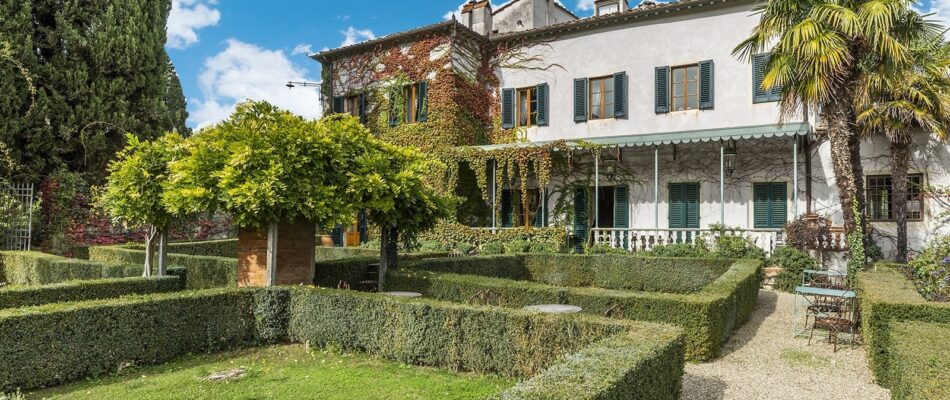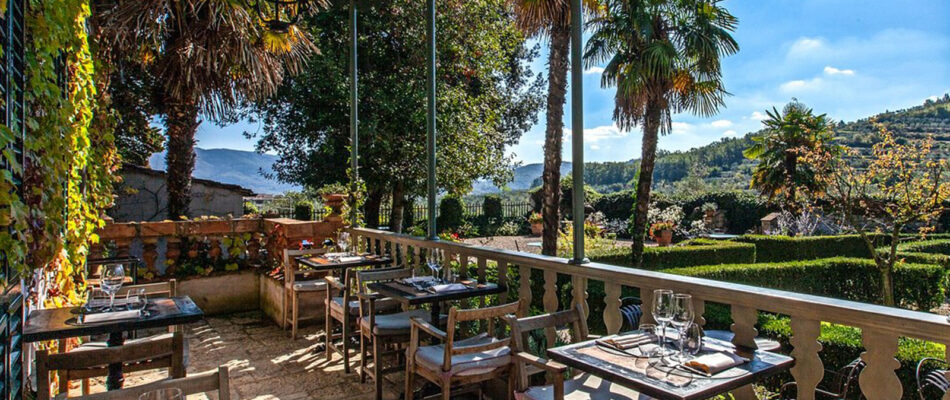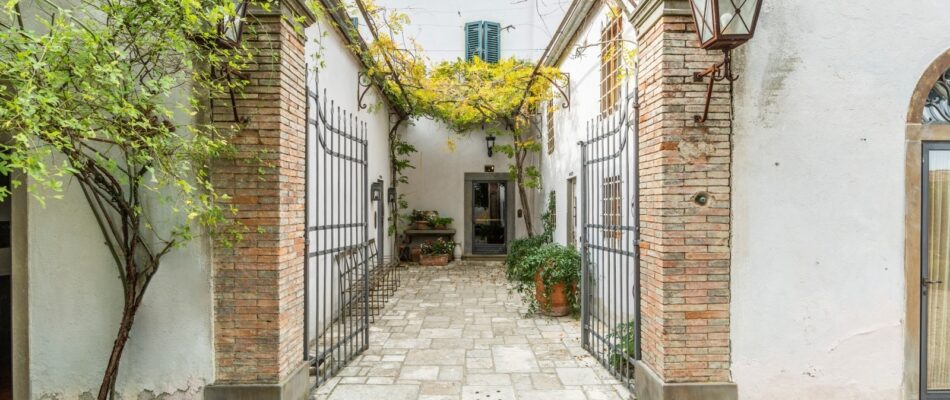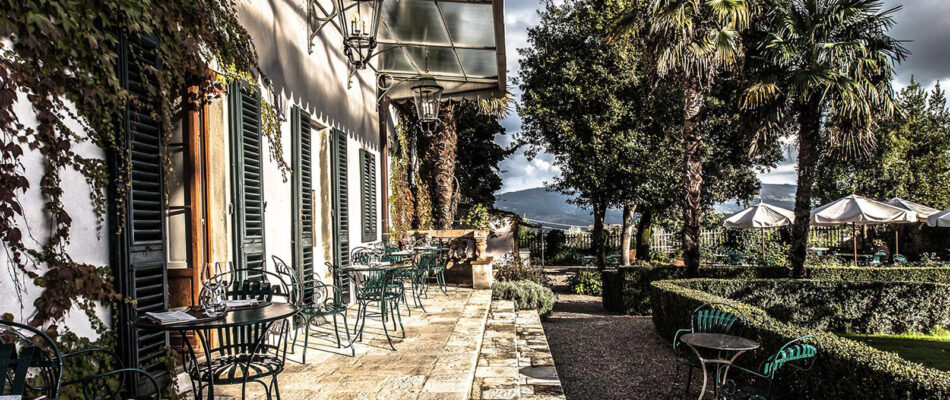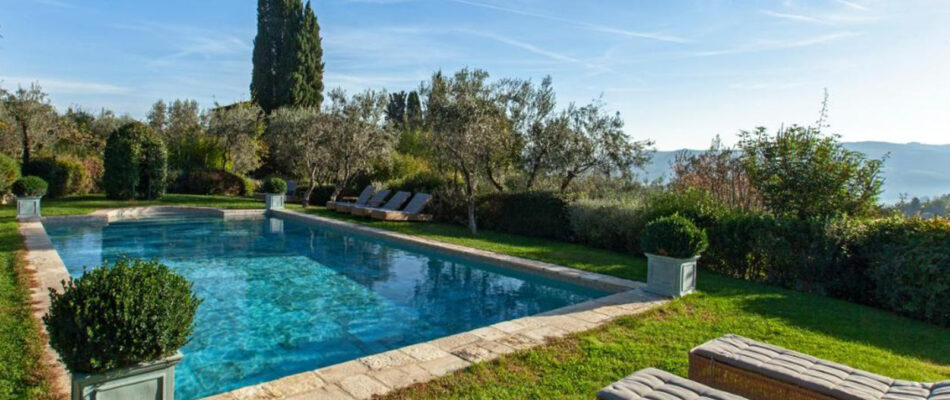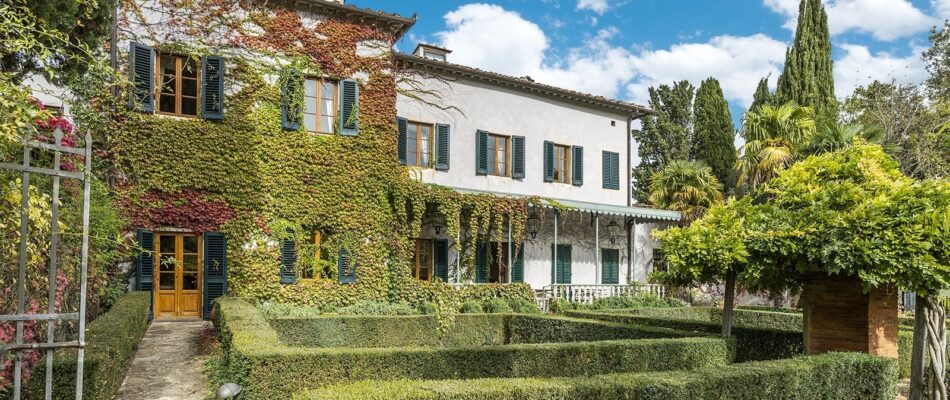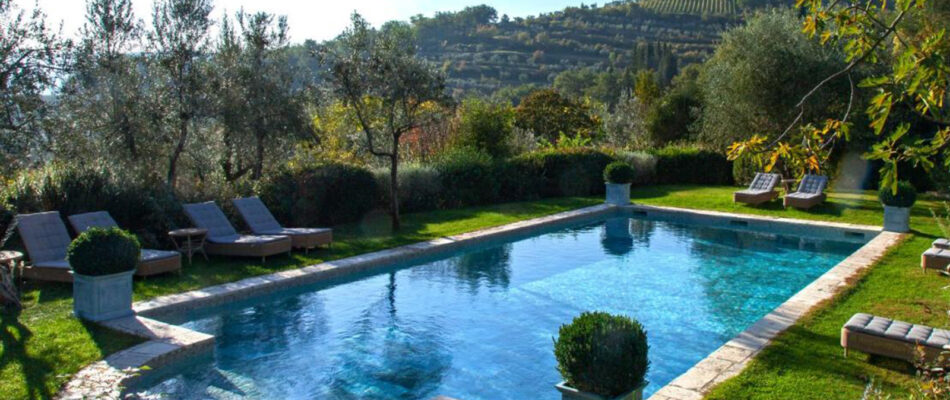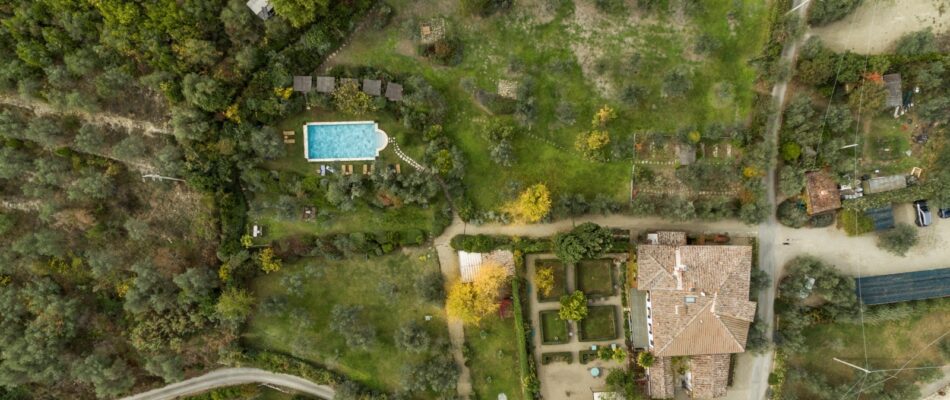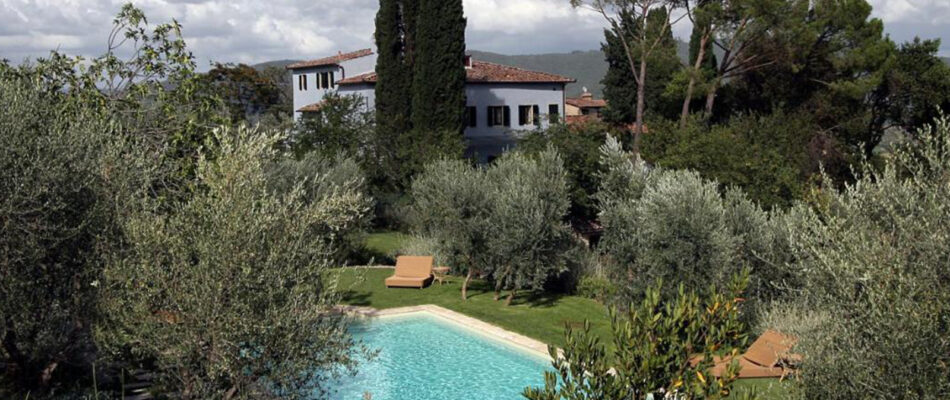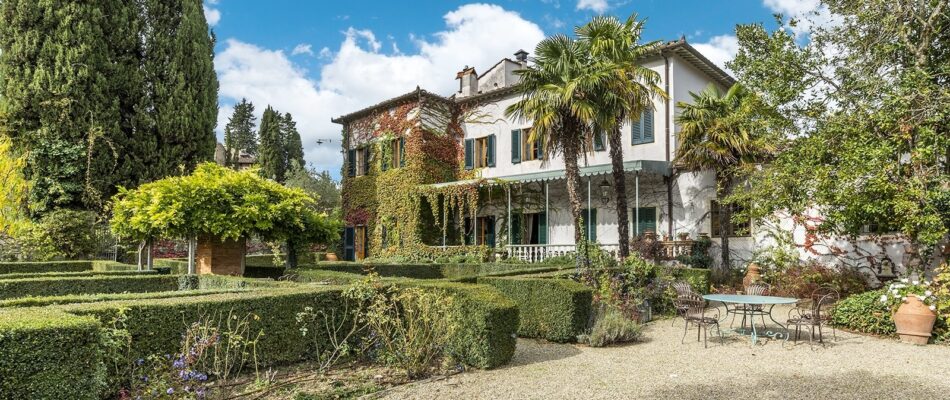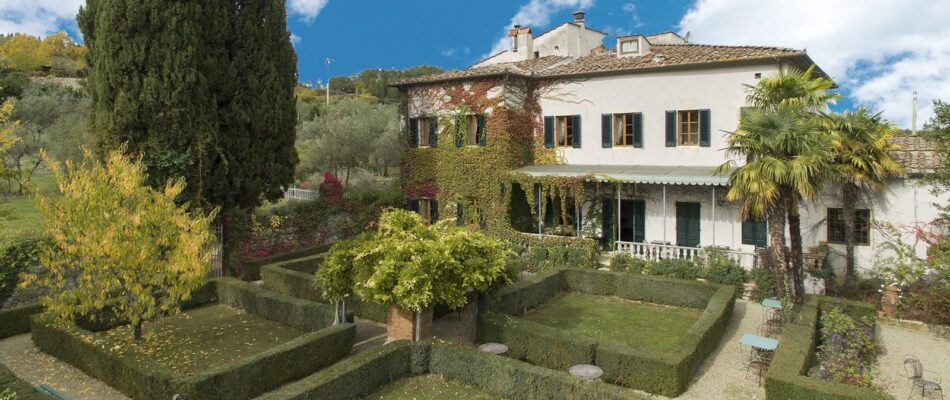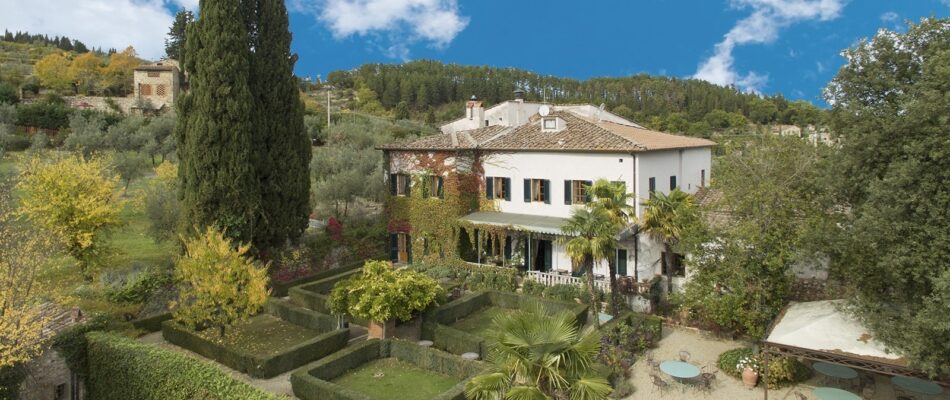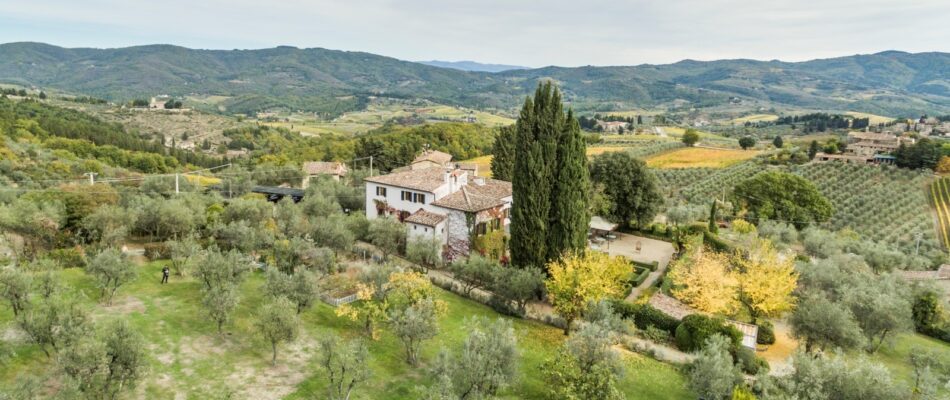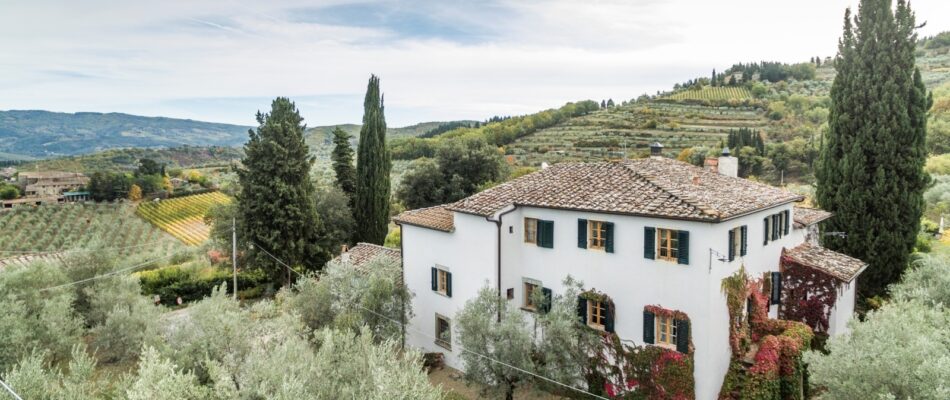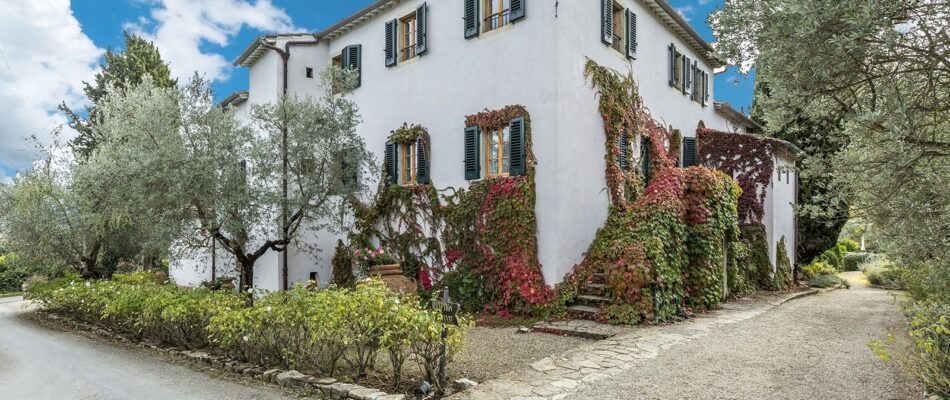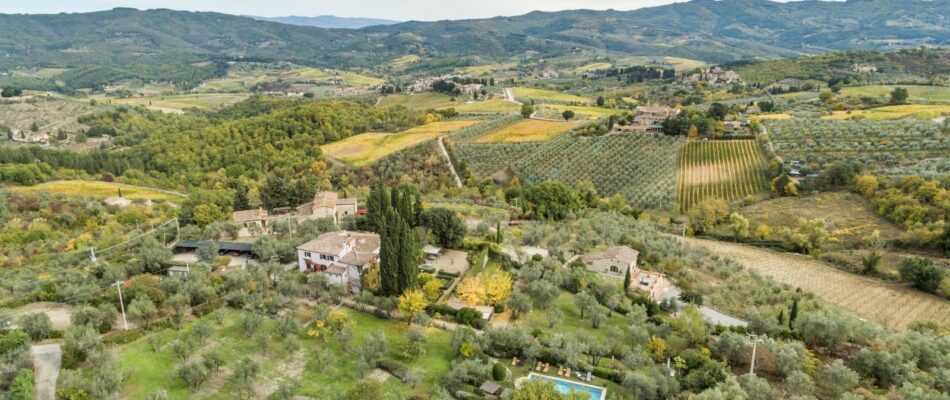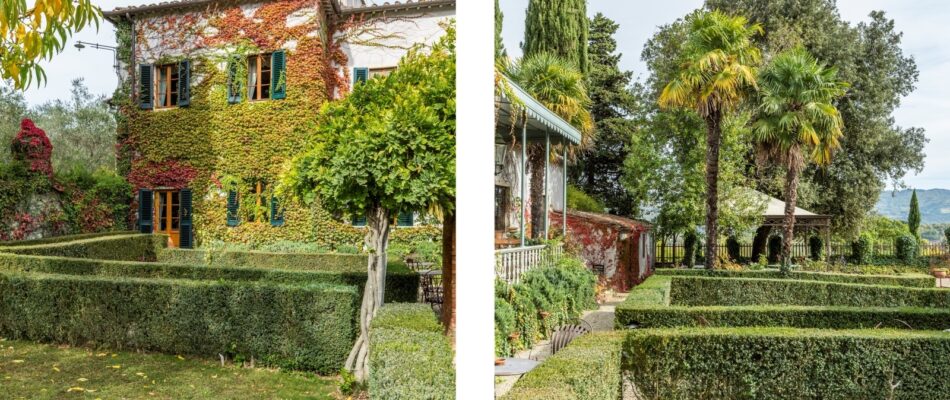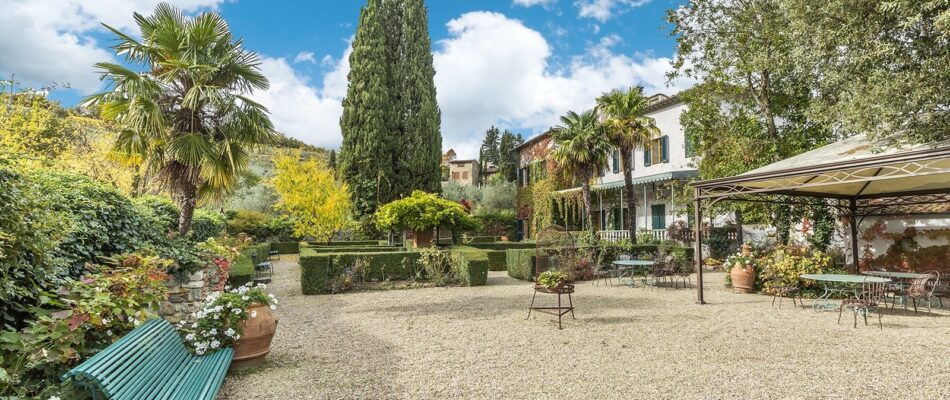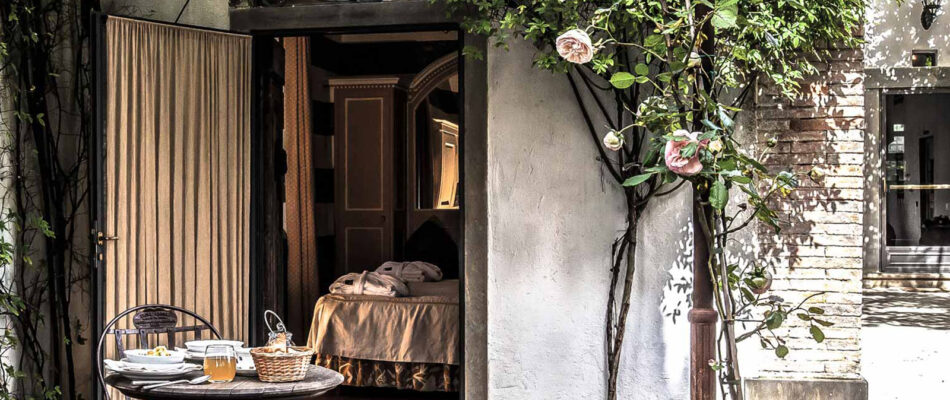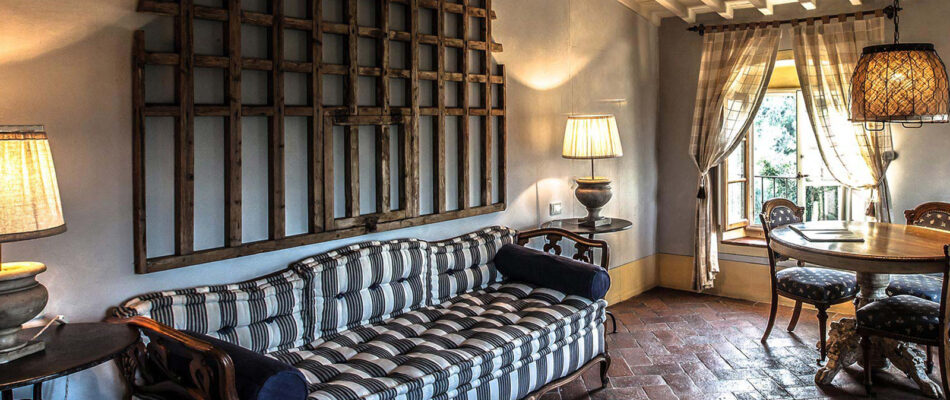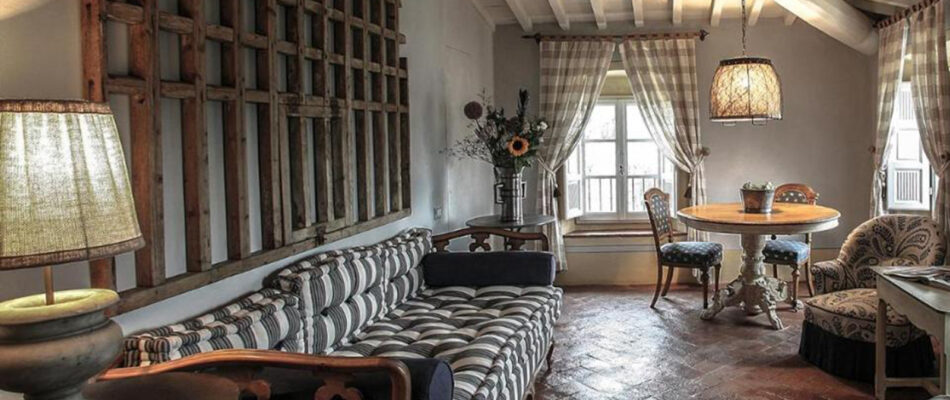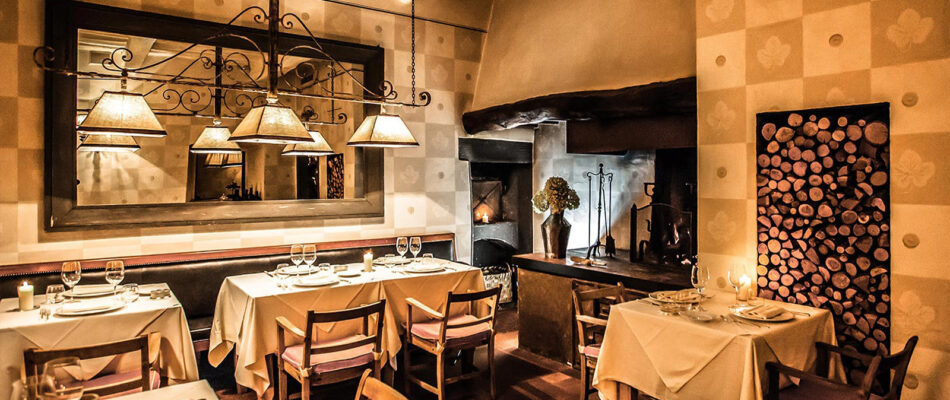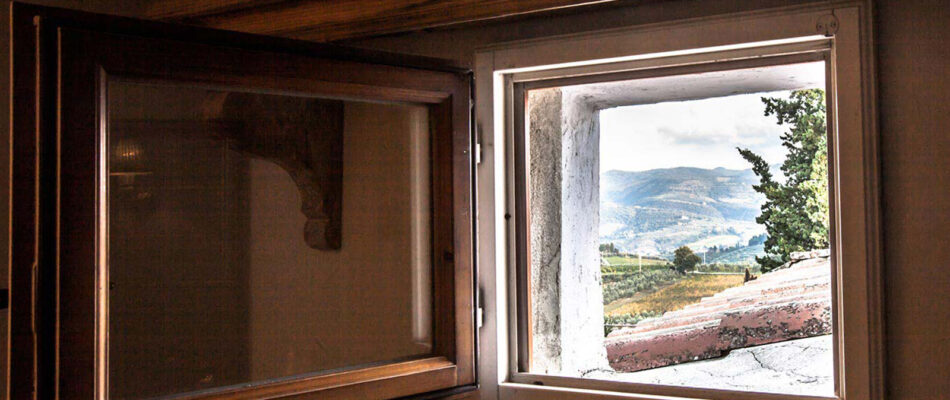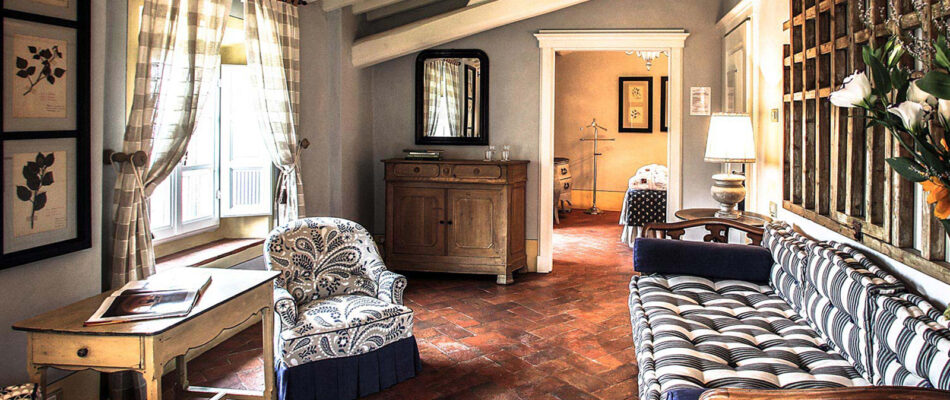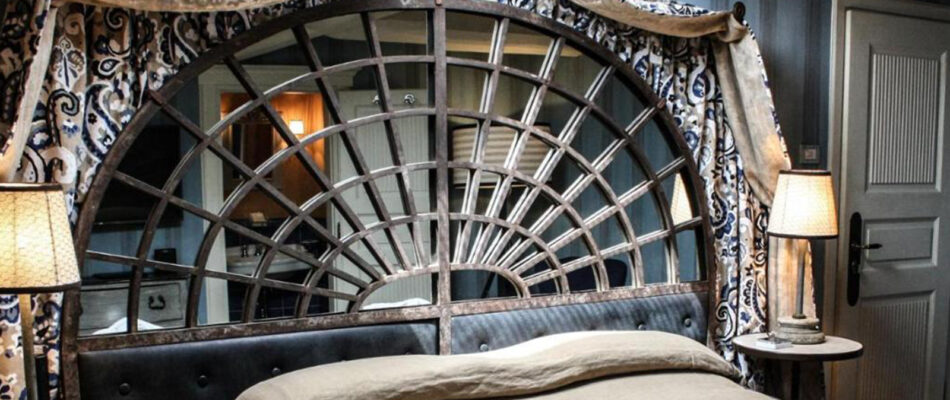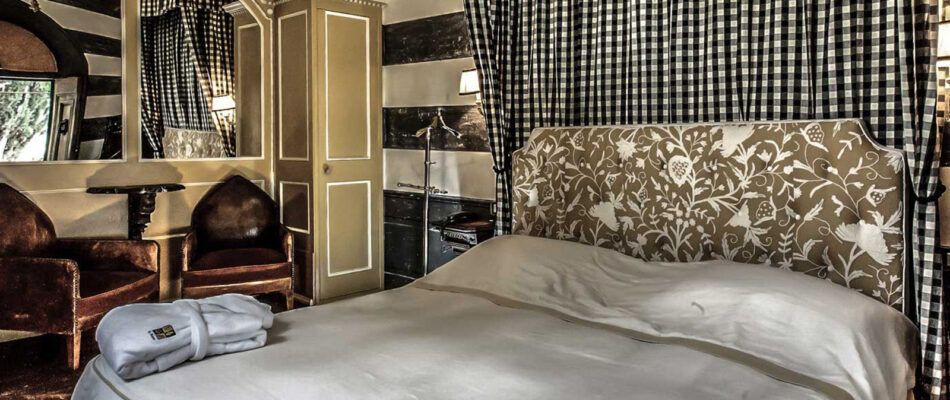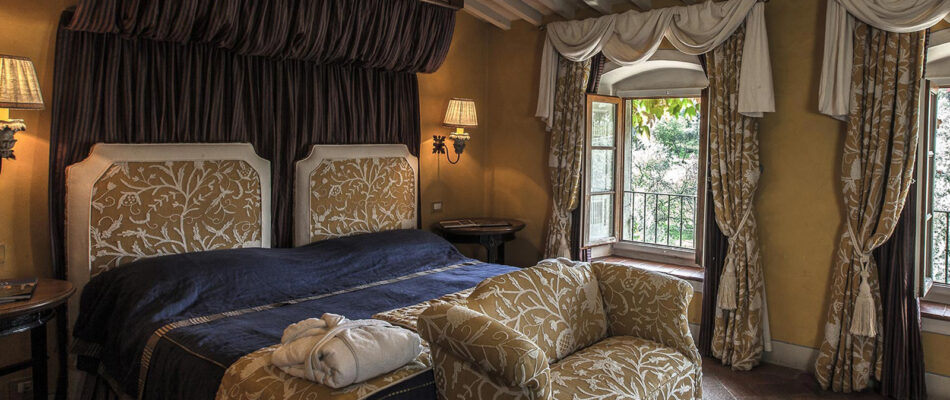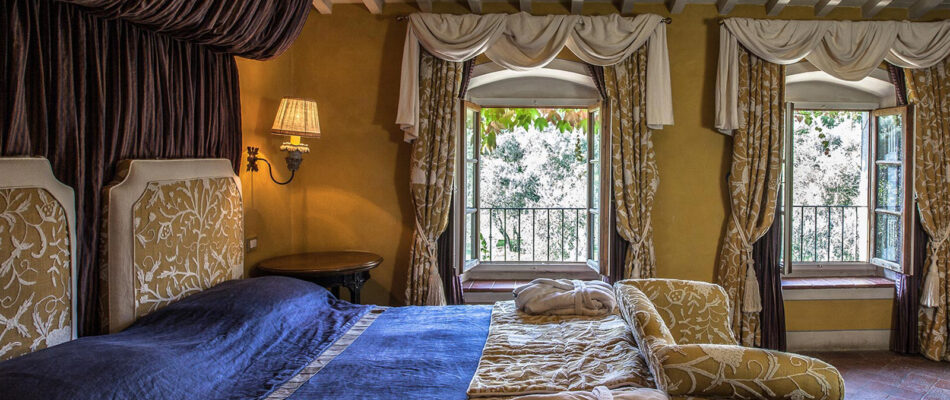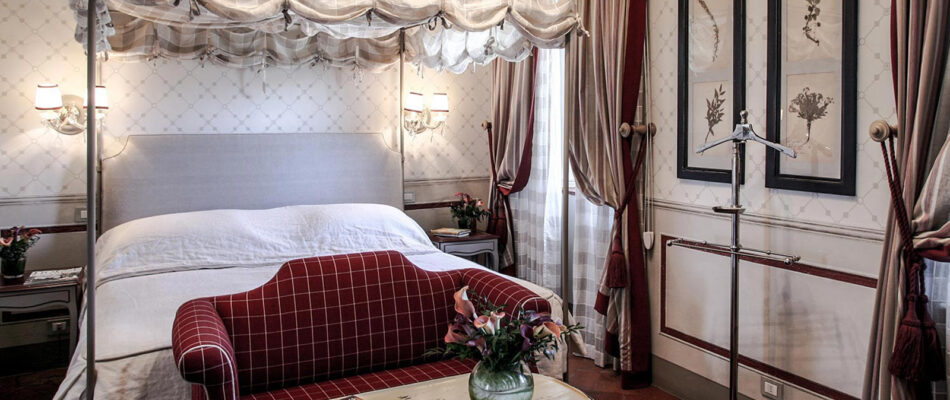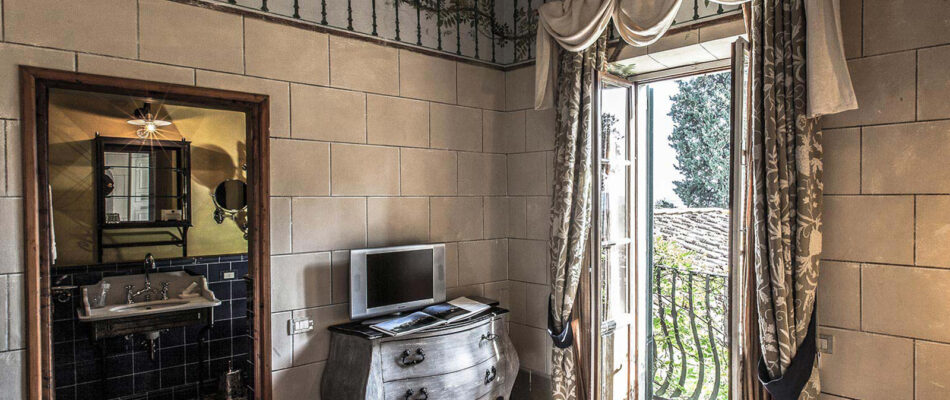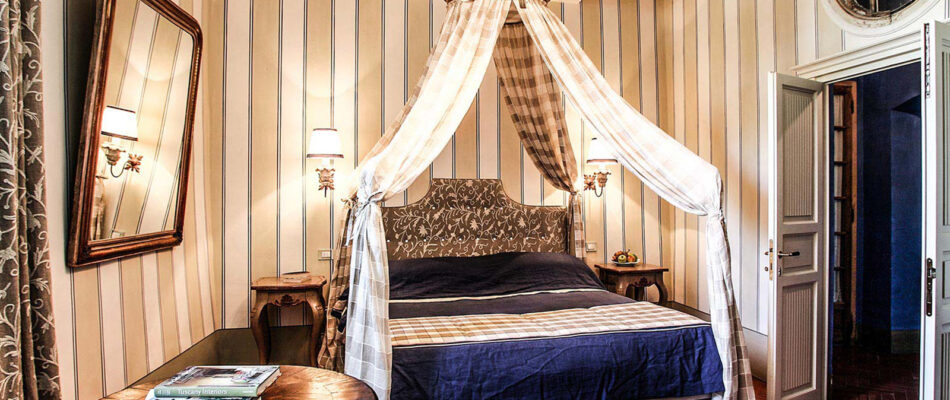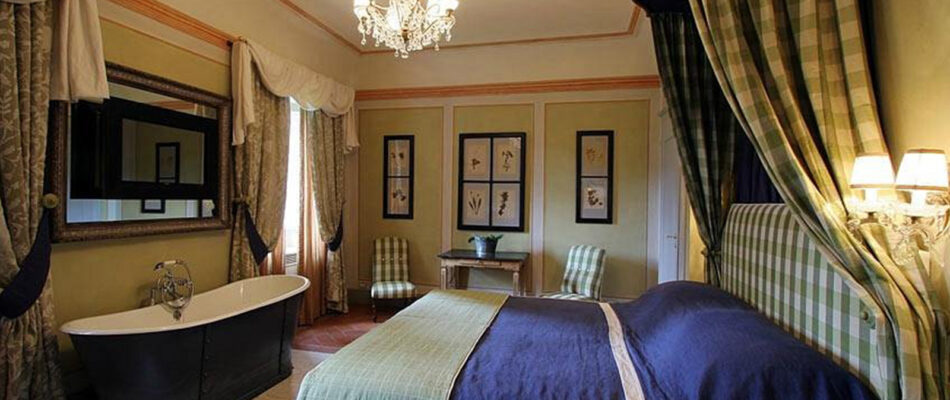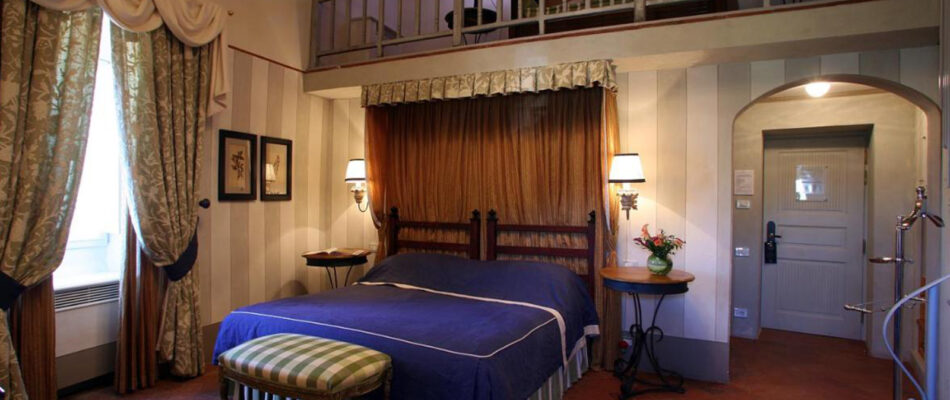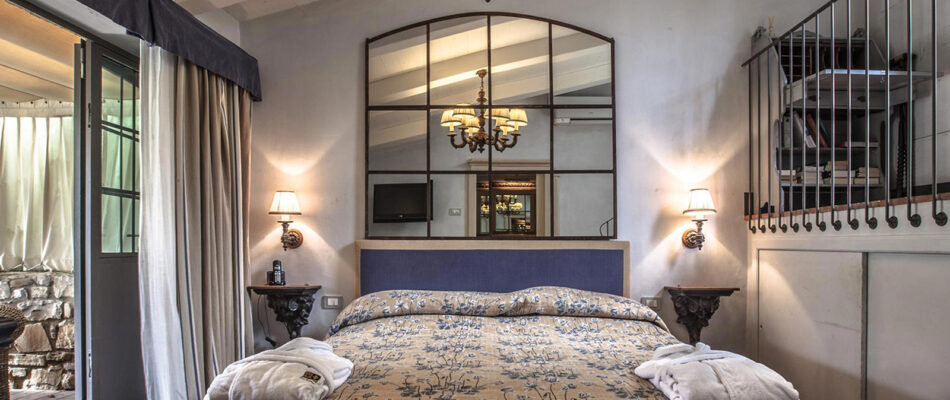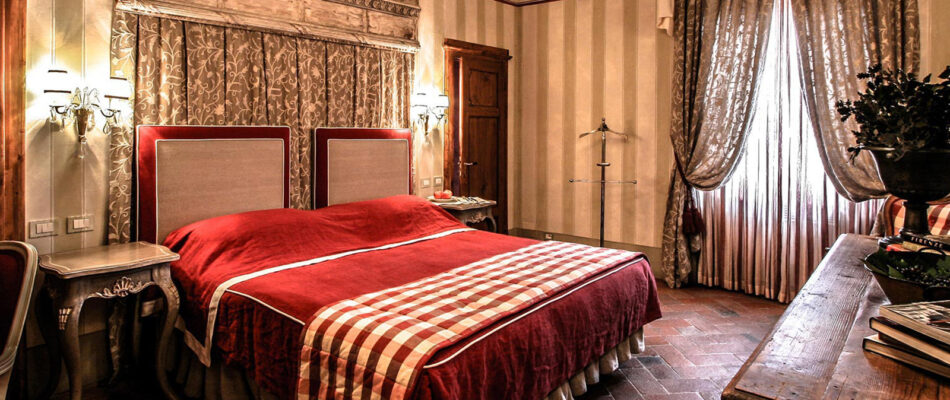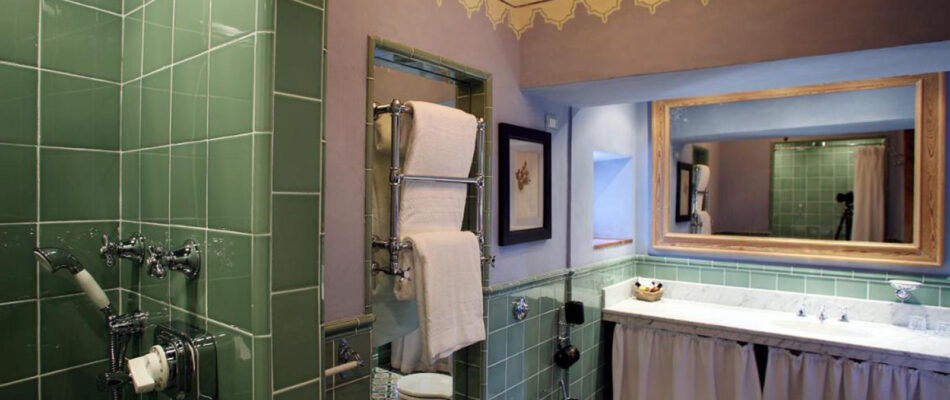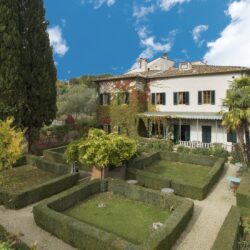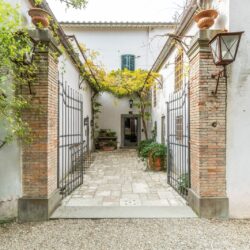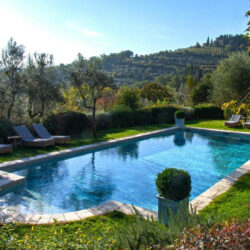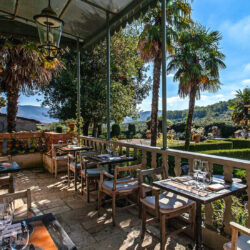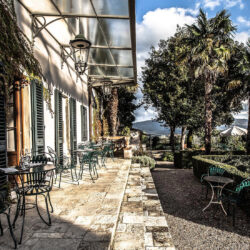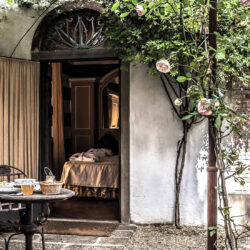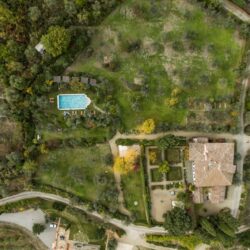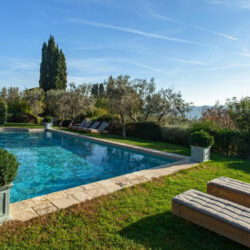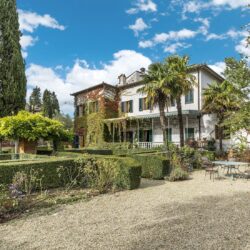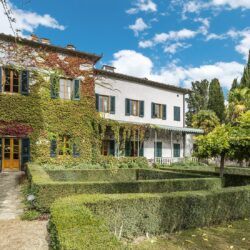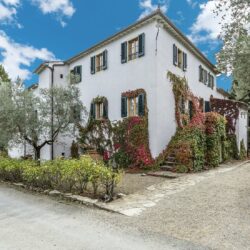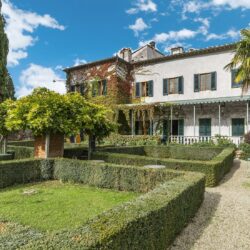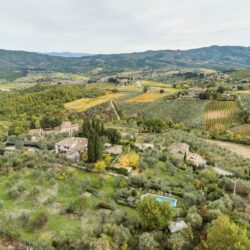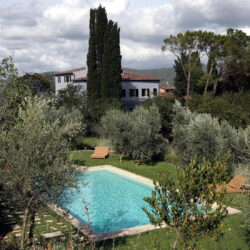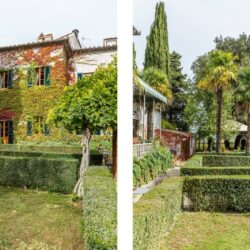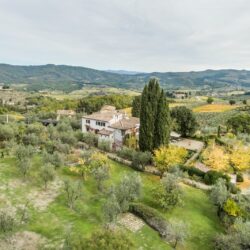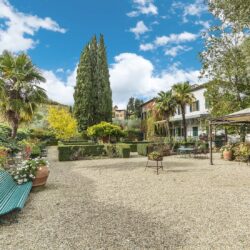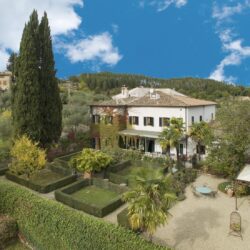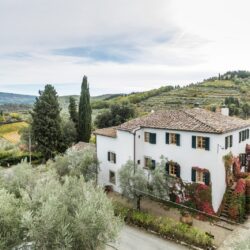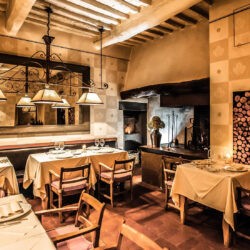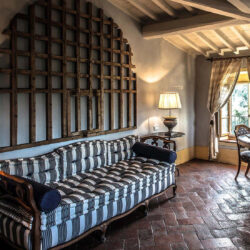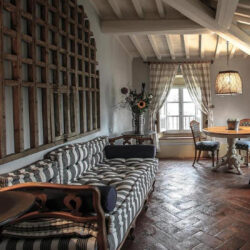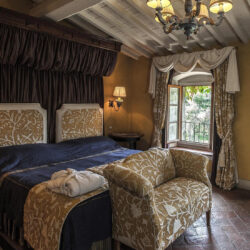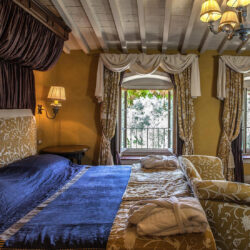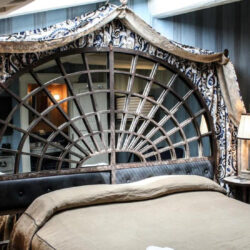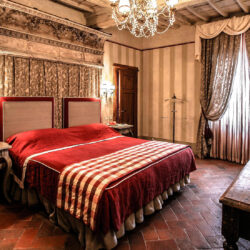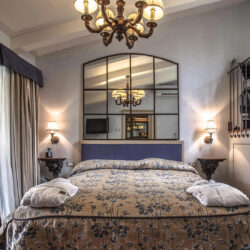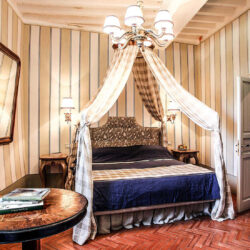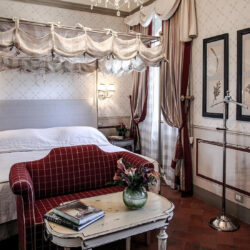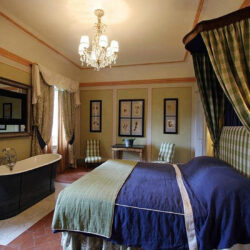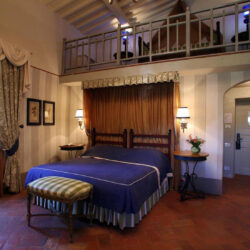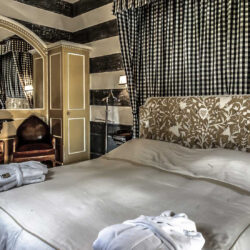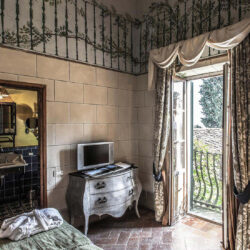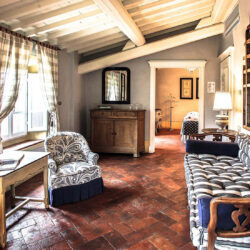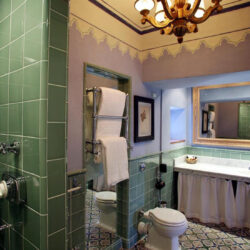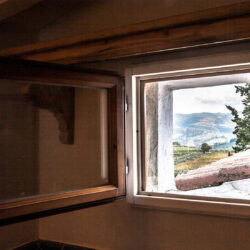ITALY, TUSCANY, FLORENCE, CHIANTI
Wonderful villa in the Chianti Classico area, where the Tuscan landscape with olive groves and vineyards accompanies the romantic and magical atmosphere of this boutique hotel created with attention to the smallest detail – top quality finishes, very refined and selected furnishings, swimming pool with wonderful views.
Location
The property is located near the famous town of Greve in the desirable location of the “golden triangle” between Alta Val Greve – Badia a Passignano and Panzano. Immersed in a refined Tuscan landscape of olive groves and vineyards, with wonderful views enjoying the captivating beauty and fabulous aura of the Chianti Classico region.
Description
The origins of the villa date back to the 11th century, when all that stood there was a stone tower or keep, with thick walls, attached to a solid prison for prisoners of war. Over the centuries a network of fragile alliances brought relative peace to the region and allowed the structure to evolve into a farm, albeit a fortified one, which over the years became a country villa for a noble Florentine family.
The villa of over 700 sqm has been carefully transformed into a very successful family-run boutique hotel with restaurant.
The main entrance opens onto a large lounge with bar and restaurant, which have direct access to the dining terrace and the beautiful garden.
Also on the ground floor there are a reception area and large fully equipped kitchens for serving the restaurant and organising cookery classes.
The sleeping area is represented by twelve very unique suites, different in their shape, size, layout and level. One suite is located in the garden annex.
In addition to the main villa there is an old oil mill and a former family chapel, a structure used as an accommodation of the caretaker and an additional technical room currently used as a laundry room and boiler room.
There is a possibility of extending the structure by a further 450 sqm which will allow the existing turnover to be doubled, making it more profitable keeping the hotel open all year round and inevitably increasing the flow of tourists during the low season.
The project includes the creation of a further 9 suites for a total of 300 square metres and a spa area with an indoor pool for a further 150 square metres.
Outdoor Spaces
The large villa is surrounded by a fantastic historic Italian garden, a park of over 1.5 hectares with swimming pool. On one of the terraces of the garden where a pleasant path leads, outside the large fenced garden, in a wonderful and panoramic position there is a large swimming pool overlooking the famous Chianti Classico vineyards.
For guests there is a large partially covered parking area.
Condition and finishes
The villa has been completely restored, paying great attention to the restoration of old details which give it an enchanting charm and sense of elegance. It has a very sophisticated and sumptuous ambience, creating a glorious and unique atmosphere of warmth and history.
Potential use
An ideal solution for those who want to invest in an existing accommodation structure with high levels of income and in a truly unique and enchanting setting, but at the same time it can be transformed into an important home for a large family.
